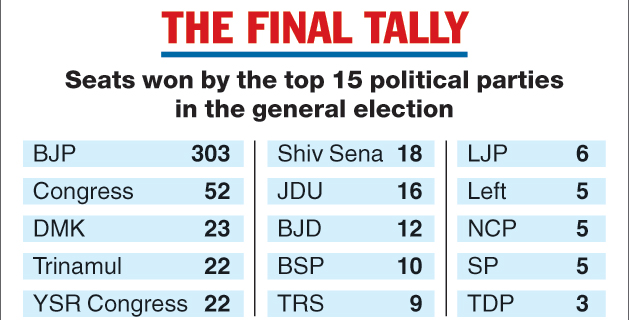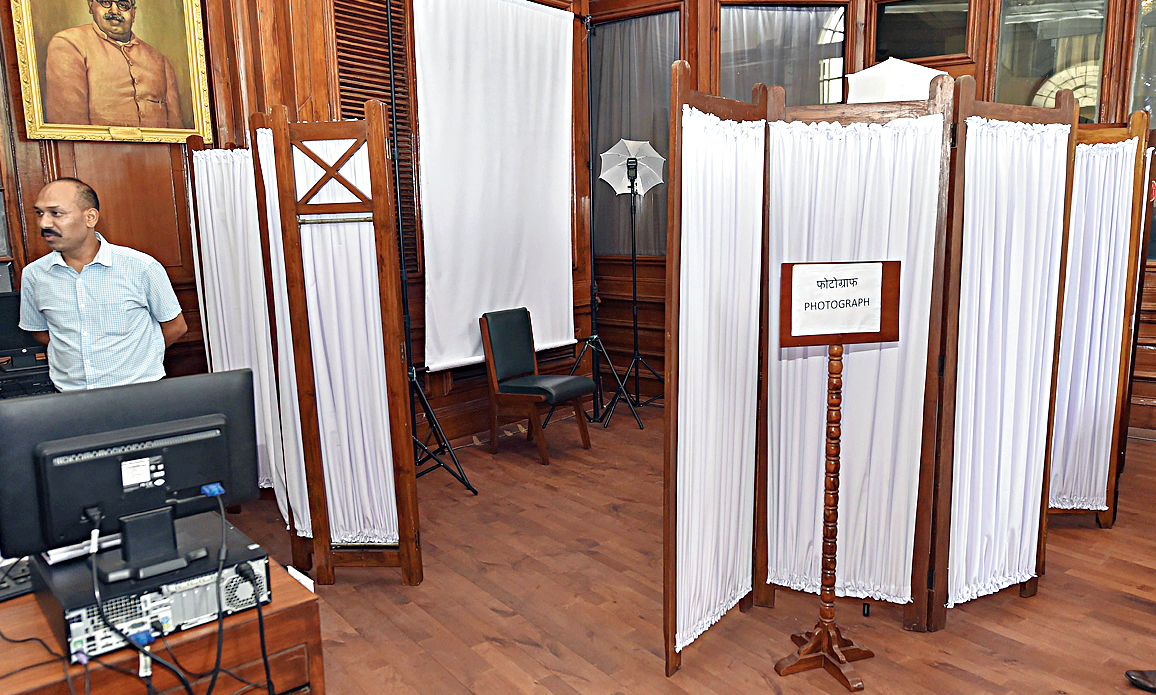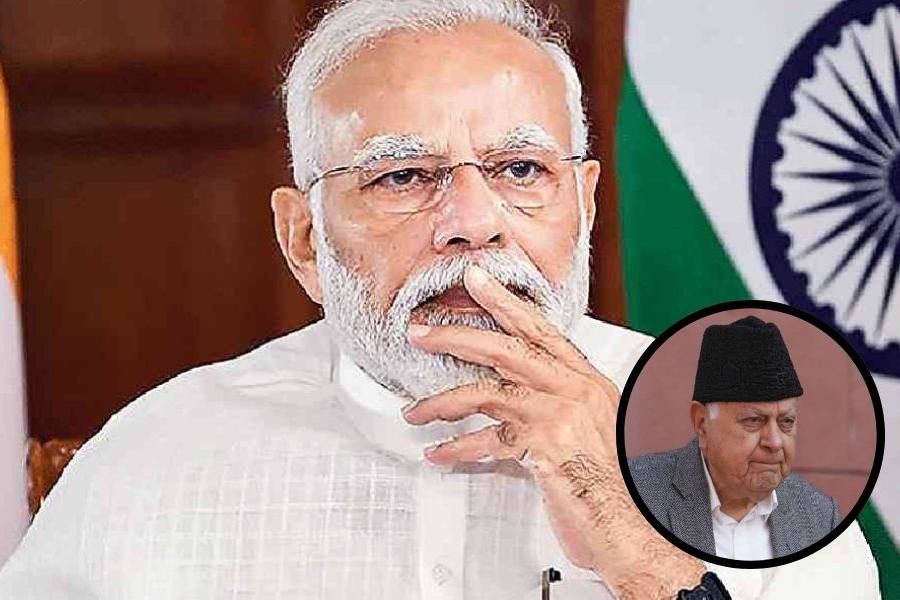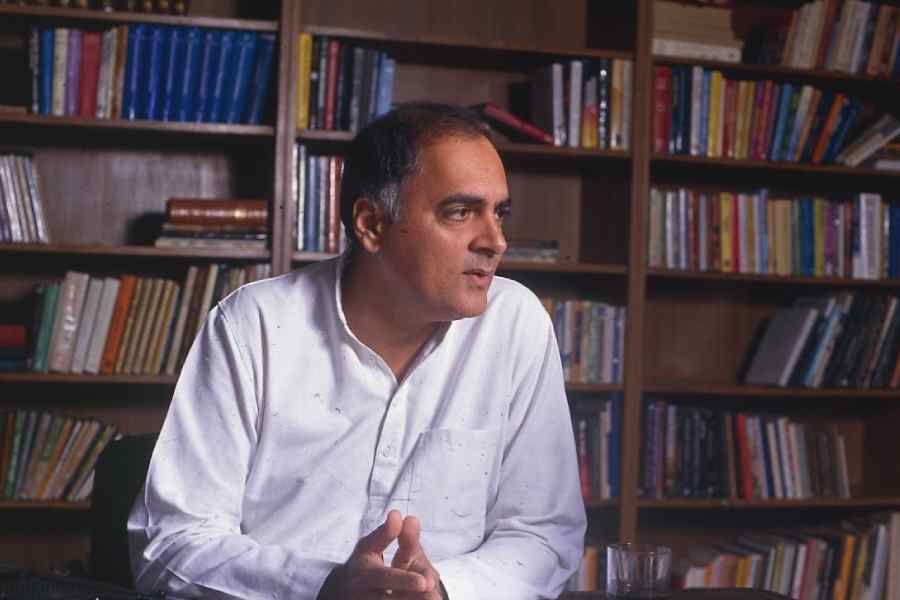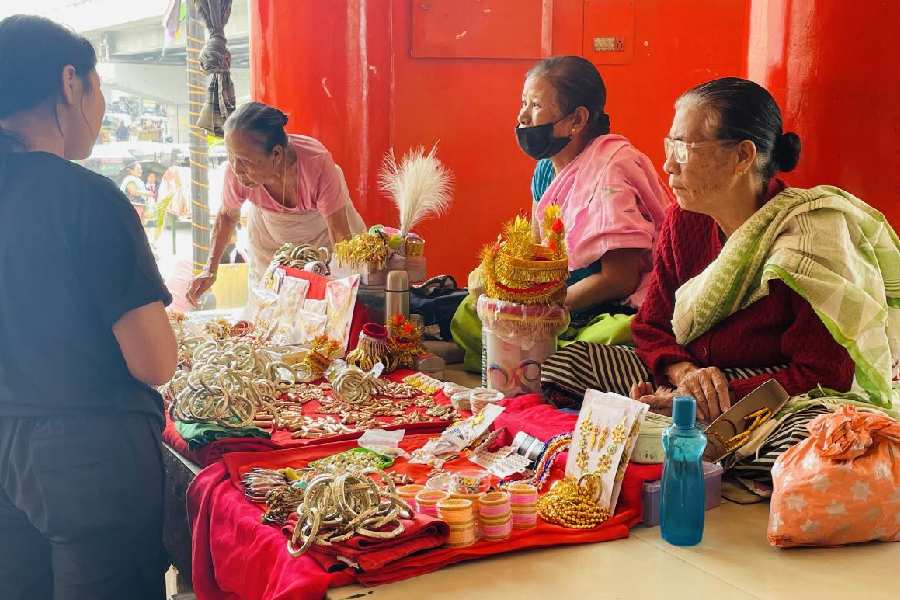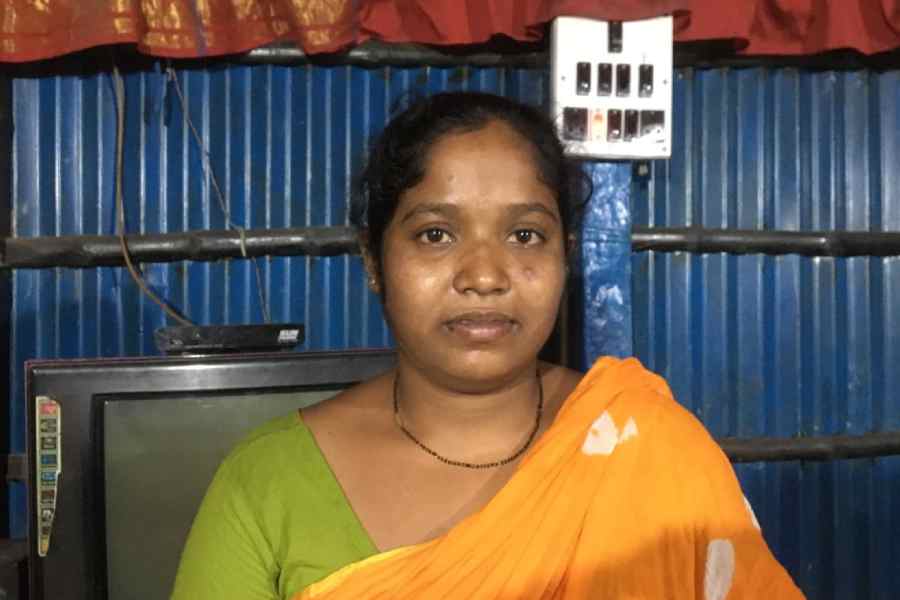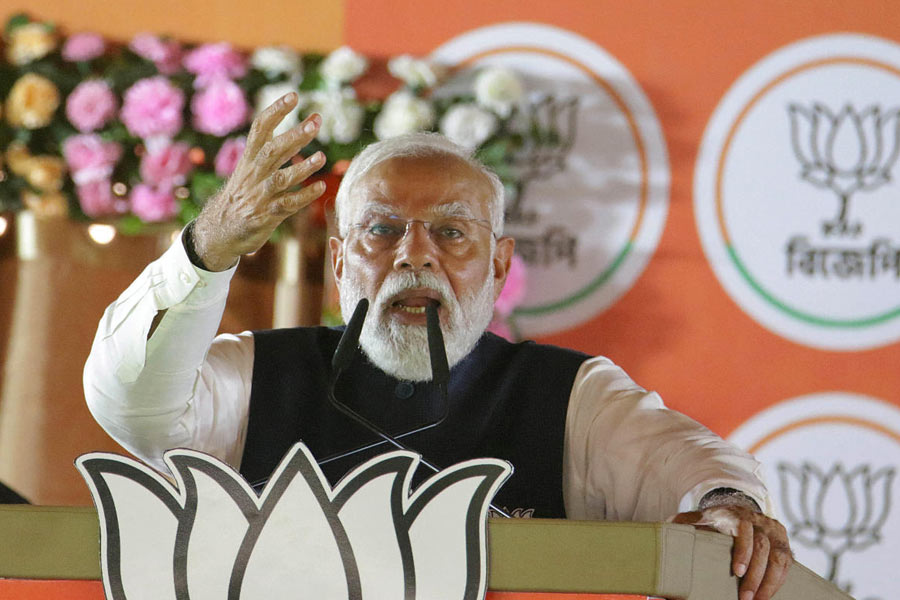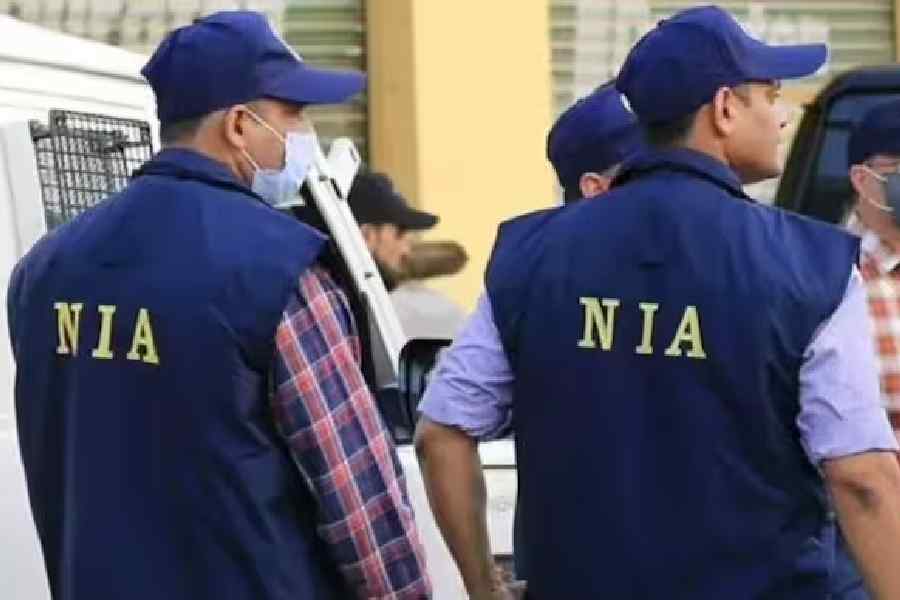The number of Muslim Lok Sabha MPs has increased marginally but their proportion remains far below the community’s share in the population, prompting an academic to regret the “deliberate denial of opportunities” to Muslim politicians by all parties.
The 17th Lok Sabha will have 26 Muslim members, up from 22 in the previous House. While Muslims make up 14 per cent of the population, MPs from the community accounted for just over six per cent of Lok Sabha members on an average till 2014.
Their representation declined to about 4 per cent in 2014, when the Narendra Modi government came to power, and has risen to about 4.8 per cent.
Uttar Pradesh and Bengal have elected six Muslim candidates each — the highest — with Kerala, Jammu and Kashmir, Assam and Bihar accounting for most of the rest. Prominent among them are National Conference leader Farooq Abdullah, AIMIM chief Asaduddin Owaisi and Samajwadi Party candidate Azam Khan.
Trinamul has five Muslim MPs — Nusrat Jahan Ruhi (Basirhat), Afrin Ali (Arambagh), Khalilur Rahman (Jangipur), Abu Taher Khan (Murshidabad) and Sajda Ahmed (Uluberia) — followed by the Congress with four. The sixth Muslim MP from Bengal is Abu Hashem Khan Chowdhury (Malda South) of the Congress.
In 1980, the Lok Sabha witnessed its highest Muslim membership ever: 49. The lowest was 11 in 1952, after the first general election.
Afroz Alam, director of the Centre for the Study of Social Exclusion and Inclusive Policy at Maulana Azad National Urdu University, Hyderabad, said all the political parties tended to deny opportunities to Muslim candidates.
“There should be equitable representation so that it does not look discriminatory. A ground of majoritarianism has been created where all parties are reluctant to field Muslim candidates on the grounds of ‘winnability’ and polarisation. It’s not healthy for our democratic tradition,” Alam said.
The BJP fielded seven Muslim candidates like last time, and all of them lost again. The Bahujan Samaj Party and the Samajwadi Party fielded six and four Muslim candidates, respectively, and each saw three of its Muslim candidates win.
Alam, however, stressed that it would be wrong to argue that only a Muslim MP would represent the community’s interests.
“The parties should not consider a candidate’s religion…. Religion should not be the criterion for denying or awarding nomination,” he said. “Muslims too should avoid the symbolism of identity forwarded by any party.”
The Lok Sabha will have 76 women, up from 62 the last time. Some 668 women had contested in 2014, the number rising to 724 this time. The Congress had fielded 54 women and the BJP, 53. Trinamul had 17 women candidates (41 per cent) in Bengal while the BJD fielded 7 women in Odisha.
Bengal and Uttar Pradesh have elected the highest number of women each — 11 — while Odisha has elected 7.
Paul Divaker, general secretary of the National Campaign for Dalit Human Rights, said the number of women increasing in the House was good news.
“The women’s performance will depend on the opportunities their parties give them. But their presence in the House will send out a message about women’s empowerment and encourage ordinary women,” Divaker said.
Social activist Ashok Bharati hoped that whatever the number of Muslim MPs in the House, the new Lok Sabha would corner the government more successfully than the previous one over any lynching of minorities or Dalits.
During a discussion on mob lynching in the Rajya Sabha in July 2017, the Opposition had cited 77 instances under the NDA’s then 38-month-old rule, including 63 where Muslims were the victims. The list, furnished by Congress leader Ghulam Nabi Azad, included 14 instances from Jharkhand, 11 from Uttar Pradesh, 9 from Haryana, 5 from Rajasthan and 4 from Gujarat.
